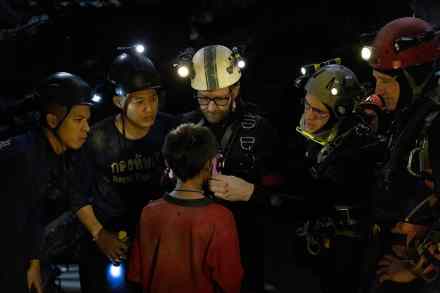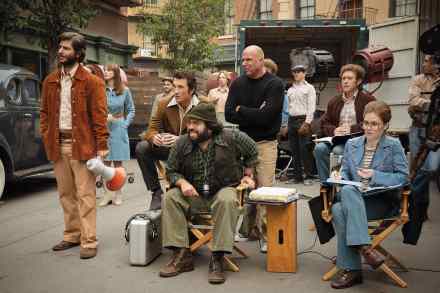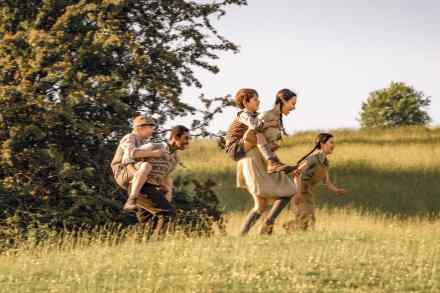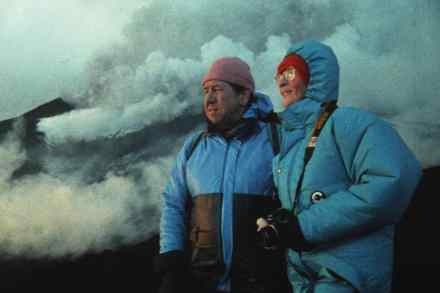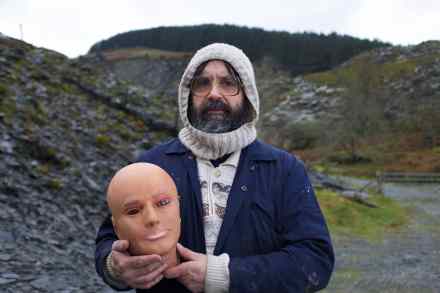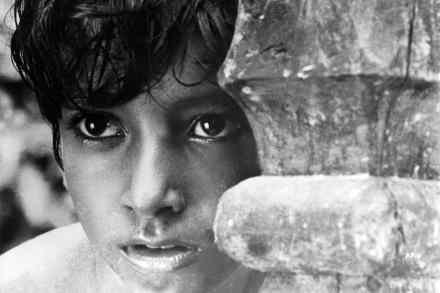Fascinating but flat: Amazon Prime’s Thirteen Lives reviewed
About ten minutes in to Thirteen Lives, Boy came in and asked me whether it was any good. I said: ‘Well, it’s quite interesting, actually. I think they’ve got the actual cave divers playing themselves, so the acting is really dull and uncharismatic and a bit unconvincing but at the same time it gives the drama a sort of echt documentary feel…’ Boy, peering at screen: ‘But that’s Viggo Mortensen. You know, Aragorn from Lord of the Rings. And Colin Farrell, who you liked in In Bruges.’ Me: ‘Oh.’ Does your main duty lie with the drama or with the truth? Director Ron Howard has opted for the latter What
